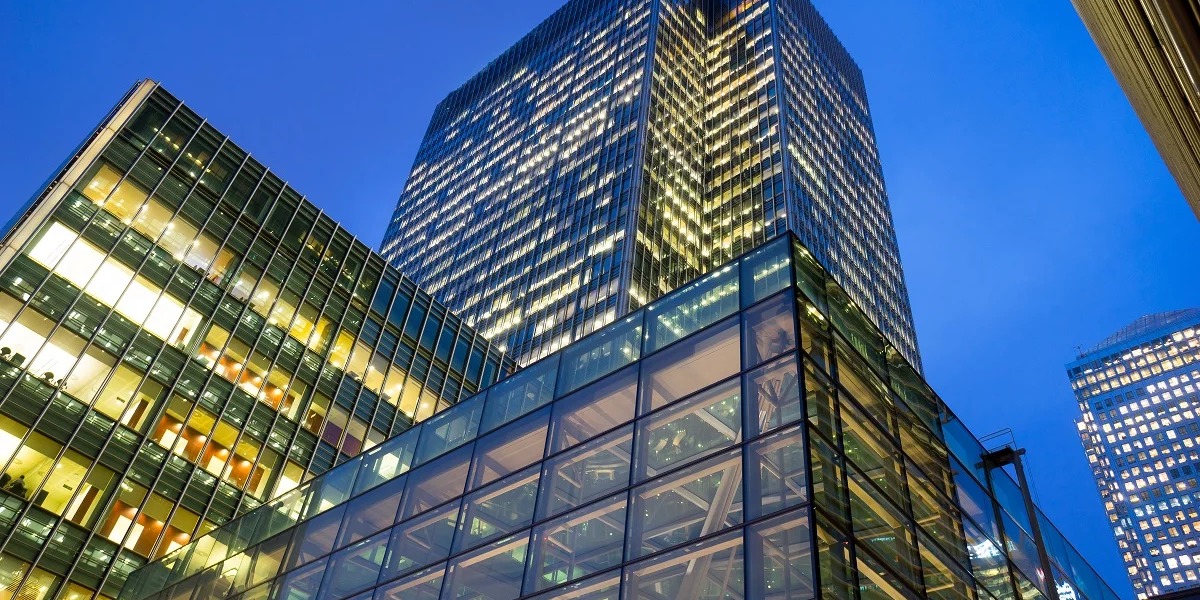Commercial disputes are an inevitable part of business operations, especially in a global commercial hub like Dubai. With its dynamic economy and a vast influx of foreign investment, Dubai offers a highly sophisticated legal environment for resolving disputes. However, many business owners and stakeholders often find themselves asking: How long does it take to resolve a commercial dispute in Dubai?
This question does not have a one-size-fits-all answer, as the timeline for resolving a commercial dispute varies depending on several factors. These factors include the complexity of the case, the nature of the claim, whether the dispute goes through litigation or arbitration, the cooperation of both parties, and the jurisdiction selected for resolution. That said, having the right legal representation—such as experienced lawyers in Dubai—can greatly streamline the process and minimize delays.
In this detailed guide, we’ll explore the general timeline of commercial dispute resolution in Dubai, the key stages involved, and the factors that influence the duration of a case.
Understanding Commercial Disputes in Dubai
A commercial dispute typically arises when one party fails to fulfill their contractual obligations or when there’s a disagreement related to the terms of a business arrangement. These can include:
- Breach of contract
- Partnership disputes
- Debt recovery
- Disputes over delivery or quality of goods/services
- Franchise or distribution conflicts
- Intellectual property matters
- Construction and real estate-related claims
Dubai offers both litigation and arbitration avenues to resolve such issues. The UAE Civil Procedures Law and the UAE Commercial Transactions Law provide the legal backbone for handling these disputes.
General Timeline for Resolving a Commercial Dispute
Let’s break down the dispute resolution process into key stages, each with an average time estimate.
1. Initial Consultation & Case Assessment (1–2 weeks)
Once a dispute arises, the first step is to consult an experienced advocate or legal advisor. During this consultation:
- The lawyer will review relevant contracts, communications, and documents.
- An assessment of the case’s merits will be made.
- Options for resolution (settlement, litigation, or arbitration) will be discussed.
If both parties are open to early negotiation, some disputes can even be resolved at this stage within a few days or weeks.
2. Pre-litigation Negotiation & Mediation (2–6 weeks)
Before proceeding to formal litigation, lawyers in Dubai often recommend initiating negotiation or mediation between the parties. This stage involves:
- Exchanging formal legal notices.
- Attempting amicable settlement through meetings or written correspondence.
- Possibly engaging a mediator to assist.
If successful, this approach can significantly reduce the overall dispute timeline and legal costs.
3. Filing a Case (1–2 weeks)
If negotiations fail, the next step is to file a case with the appropriate court or arbitration center. This involves:
- Drafting and submitting the statement of claim.
- Paying the necessary court or arbitration fees.
- Registering the case with the competent authority (e.g., Dubai Courts or DIFC Courts).
In arbitration, filing may also require nominating arbitrators and setting procedural rules depending on the institution (e.g., DIAC, DIFC-LCIA).
4. Court Proceedings (4–12 months)
Court proceedings are usually the most time-consuming part of the process. Here’s a breakdown of what typically happens:
a. First Hearing (1–2 months after filing)
The court schedules a first hearing to examine the documents and evidence. At this stage, the court may give the defendant a chance to respond.
b. Exchange of Pleadings (2–6 months)
The parties exchange legal memorandums, replies, and supporting evidence. The number of rounds depends on the case’s complexity.
c. Expert Reports (2–4 months, if required)
In technical cases (construction, financial disputes), the court may appoint an expert. The expert will prepare a report based on the documents and possibly site inspections.
d. Final Hearing and Judgment (1–2 months)
Once all evidence and reports are submitted, the court issues a judgment. This can take additional time if translation or legal clarifications are needed.
Overall, the Court of First Instance proceedings may take between 4 to 12 months depending on the case.
5. Appeals Process (3–6 months, if applicable)
If either party is dissatisfied with the judgment, they can appeal to the Court of Appeal within 30 days. The appeal process includes:
- Filing an appeal brief
- Responding to counter-arguments
- Final deliberations and judgment
The appeal court may affirm, modify, or overturn the decision. In certain cases, a further appeal to the Court of Cassation is possible, although it typically only considers points of law, not facts.
The total time for appeals can range from 3 to 6 months, depending on the complexity and court backlog.
6. Enforcement of Judgment (1–3 months)
After a final judgment, the prevailing party must enforce the decision. This process includes:
- Obtaining an execution writ
- Serving notices to the losing party
- Seizing assets, freezing bank accounts, or auctioning properties (if necessary)
If the losing party complies voluntarily, the process is swift. If not, enforcement can extend up to 3 months or more.
Timeline for Arbitration Proceedings
For businesses that prefer privacy and speed, arbitration is a popular alternative to court litigation in Dubai. Institutions like the Dubai International Arbitration Centre (DIAC) and the DIFC-LCIA Arbitration Centre offer streamlined procedures.
Average Timeline for Arbitration:
- Appointment of arbitrators: 2–4 weeks
- Preliminary hearing: 2–4 weeks after appointment
- Submission of claims and responses: 2–4 months
- Hearing and witness examination: 1–2 weeks
- Final award: Within 6–12 months of commencement
Arbitration typically takes between 6 to 12 months, depending on the case complexity, number of parties, and procedural choices.
Key Factors That Affect the Timeline
Several factors can influence the time it takes to resolve a commercial dispute:
1. Case Complexity
Disputes involving multiple parties, technical issues, or international elements often take longer.
2. Jurisdiction
Dubai has both onshore (Dubai Courts) and offshore (DIFC Courts) systems. DIFC Courts may provide faster resolutions due to streamlined procedures.
3. Legal Representation
Experienced lawyers in Dubai can expedite the process by filing complete documentation, adhering to deadlines, and negotiating favorable settlements early.
4. Party Cooperation
If both parties are willing to resolve the matter amicably or respond promptly to court/arbitration notices, the case moves faster.
5. Availability of Experts or Witnesses
Technical reports and witness testimonies can delay proceedings if there are scheduling or evaluation issues.
6. Court Backlogs and Holidays
Like any legal system, Dubai courts may experience delays due to caseload or public holidays (e.g., Ramadan or national holidays).
How to Speed Up the Resolution Process
If you want to resolve a dispute more efficiently, consider the following strategies:
- Engage a law firm early: Getting legal advice as soon as a dispute arises helps in preserving evidence and initiating proactive measures.
- Try alternative dispute resolution (ADR): Mediation or arbitration can be quicker than litigation.
- Use clear and enforceable contracts: Well-drafted contracts reduce ambiguity and minimize disputes.
- Select the right jurisdiction: For international contracts, DIFC jurisdiction may offer a quicker and more predictable timeline.
Conclusion
The typical timeline for resolving a commercial dispute in Dubai can range from a few weeks (for settlements) to 18–24 months (for cases involving full litigation and appeals). Arbitration, when used effectively, can shorten this timeframe to under a year. However, the key to navigating any commercial dispute efficiently lies in choosing the right strategy, the appropriate dispute resolution method, and experienced legal professionals.
Having seasoned lawyers in Dubai by your side can make a significant difference. Not only can they help you understand your rights and obligations, but they can also recommend the most effective course of action—whether that involves negotiation, mediation, litigation, or arbitration.
While timeframes may vary, a proactive approach, coupled with knowledgeable legal support, ensures that your business interests are protected and that disputes are resolved in the most efficient and favorable manner possible.
Find more at Hero Hunt.










